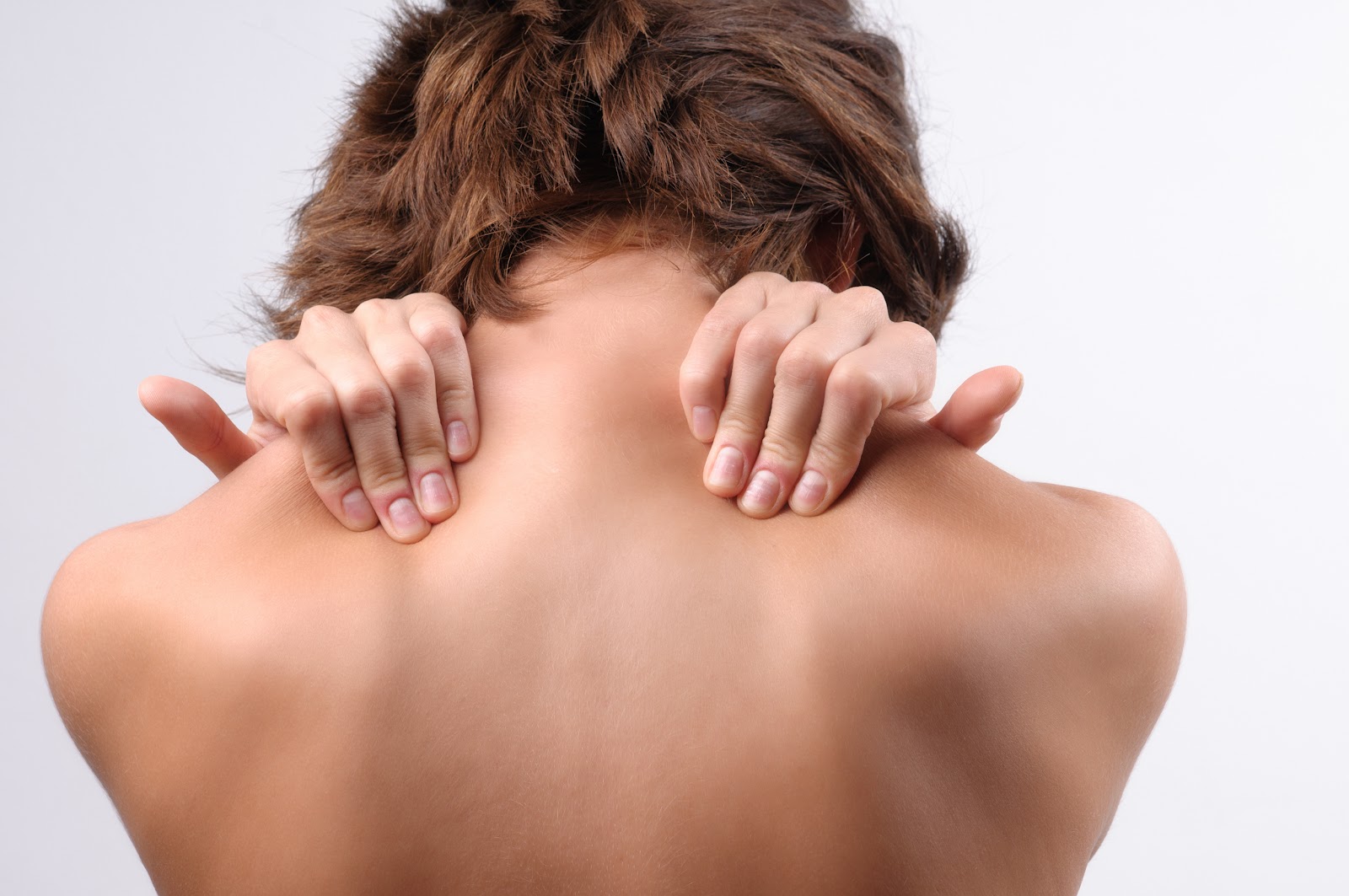Understanding Upper Back Pain
Prevalence and Impact
True, the upper back does not cause as many visits to the doctor as the lower back does. Because less motion occurs in the upper than the lower back, this area of the spine does not usually see as much instability as the lower back. However, just because upper back pain tends not to be as prevalent as lower back pain, upper back pain can be just as disruptive and even debilitating. For additional help in answering any question related to upper back pain, contact a top back specialist in your area today.
The Thoracic Spine
The upper back, or the ‘thoracic spine‘ (which literally means ‘pertaining to the chest’) is less likely to develop the more common spinal disorders such as ruptured or herniated disc, degenerative disc disease, and spinal stenosis. These conditions can still, however, occur in the upper back but are more rare. Because of the limited motion that occurs in the upper back compared to the lower, there is not as much risk of degeneration in this area.
Causes of Upper Back Pain
Injuries
If you are someone who suffers from upper back pain, you may be wondering what, then, are the causes of pain in this area. Injury is a major cause of pain in the upper back. Sports injuries, overuse of muscles due to repetitive motion, muscle strains, and car accidents are just a few examples of injuries that can cause complications in the upper back. If injury occurs in this area, it is a good idea to see a specialist such as a spinal surgeon or orthopedic surgeon, as neglect of an injury can cause you to avoid using these muscles altogether. This can, in turn, lead to deconditioning (loss of muscle tone due to chronic immobility) and to loss of function of the muscle.
Poor Posture and Exertion
Other causes of upper back pain include poor posture, exertion, and excessive bending and/or lifting. Just as with lower back pain, slouching when standing or sitting can put undue stress on back muscles. Your grandmother was right to tell you to ‘sit up straight.’ Our bodies are not meant to be held in a slouching position. If your job requires you to sit in front of a computer for long periods of time, take breaks throughout the day to get up and walk around. Taking walks in the morning or after work throughout the week can also strengthen your back and abdominal muscles, which can help with bad posture. Exercise and stretching can also be very beneficial to those whose occupations require a lot of exerting, bending, or lifting. Try some stretching exercises that will elongate your muscles to relieve the stress from repetitive motion and exertion.
Structural Causes
Though not as prevalent as in lower back pain, there are structural causes for upper back pain such as herniated disc, degenerative disc disease, and osteoarthritis. Infection or inflammation of the spinal bones, or ‘osteomyelitis,’ can be a serious condition, as can spinal fracture. Upper back pain can even be related to heart disease or spinal tumor. If you are experiencing persistent upper back pain, you should contact your doctor, as a referral to a spinal or orthopedic surgeon may be necessary.
Treatment Options for Upper Back Pain
Conservative Treatments
Treatments for upper back pain range from conservative treatments, such as physical therapy and over-the-counter medications, to chiropractic manipulation to prescription medications and surgical interventions.
Physical Therapy and Rehabilitation
Physical therapy and rehabilitation are often used to conservatively treat upper back pain, especially in cases of injury from playing sports, repetitive motion, and accidents. This type of treatment for upper back pain is used to increase muscle flexibility and strength, helping to return muscles to a healthy state. Physical therapy can also be used as treatment for chronic back pain sufferers.
Steroid Injections
Another form of treatment for upper back pain is steroid injections. This treatment can relieve nerve sensitivity and is often used as an alternative to surgery. If you would like to learn more about this type of treatment for your upper back pain, contact a spinal or orthopedic surgeon in Essex County for a consultation.
Chiropractic Manipulation
Chiropractic manipulations can also benefit upper back pain sufferers. Manipulating the spine can help to restructure the upper back to its proper position. It is vital to consult with a highly skilled professional for such manipulations, as they can do more harm than good if not done properly.
Surgical Interventions
Sometimes conservative treatments for upper back pain are not successful. In these cases, surgery can be a viable option. In fact, in cases of loss of bowel or bladder function due to spinal diseases or injuries, surgery can be very beneficial. If you find that your back pain is persistent and unresponsive to more conservative treatments, you may want to contact a spinal surgeon or orthopedic surgeon for a consultation to help you to regain your health. If left untreated, your mild pain can become a severe problem in your life, robbing you of the vitality you once had.
Considering Age-Related Factors
As people age, they may experience an increased prevalence of back pain due to natural degeneration and decreased bone density. For older adults dealing with chronic back pain, additional support can be valuable. This might include assistance with daily activities and tailored care strategies to manage pain effectively. Understanding these age-related factors and seeking appropriate support can significantly enhance comfort and quality of life.



